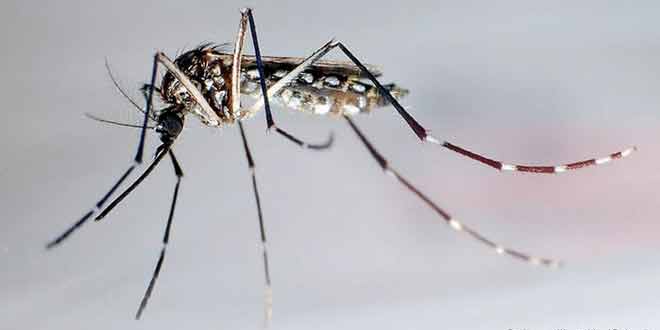
Zika Virus: Causes, Symptoms and Prevention
Zika virus is a disease caused by a flavivirus transmitted by Aedes mosquitoes. It is known to circulate in Africa, America, Asia and the Pacific. It was first identified in 1947 in Uganda by a monitoring network for syslvatic yellow fever in monkeys. In humans, it was first identified in 1952 in Tanzania and Uganda.
Zika virus, in the pacific, was first reported in 2007, followed by outbreaks in French Polynesia and Yap in 2013. In 2015 large outbreaks were reported in Americas (Colombia and Brazil) and Africa (Verde and Cabo). The virus indicated rapid geographic expansion towards Asia but Pakistan has been declared clear of the Zika Virus till date.
Agencies investigating the Zika outbreaks are finding an increased number of evidence related to the link between Zika virus and microcephaly.
Zika Transmission
Although, the virus is usually transmitted to humans by Aedes mosquitoes bite (usually the Aedes aegypti), found in the tropical regions, which also transmit yellow fever, chikungunya and dengue, but has also been recorded to be transmitted by sex in two cases and in another case the presence of Zika virus was found in human semen.
Zika Symptoms and Diagnosis
The time between exposure till symptoms, or the incubation period of Zika virus is still not clear but considered, to be in few days. People suffering with the disease generally have symptoms such as:
- Mild fever
- Skin rashes
- Conjunctivitis
- Muscle and joint pain
- Malaise or headache, which usually last for 2-7 days.
These symptoms and the recent history of an individual (like residence, or travel history) may help diagnose Zika virus (the presence of Zika virus RNA in body fluids: urine, saliva or blood), but its diagnosis can only be confirmed by a laboratory test.
Although, there is no specific treatment or vaccine currently available for the disease, but its prevention is quite simple: Protection against mosquito bites:
Zika Prevention

To fight Zika virus, like dengue or malaria, it is essential to eliminate the source of the virus – mosquitoes and their breeding grounds. It is must to reduce unnecessary contact between mosquitoes and humans by modifying mosquito’s breeding grounds.
- This may also be done by wearing insect repellent
- Light colored clothes which cover maximum body possible
- Keeping doors and windows shut
- Using additional mosquito’s nets for children, outdoors and people with low immunity.
It is equally important for locals to help the government and the administrative units to reduce the amount of mosquitoes in a certain area by making sure,
- Stored water is kept clean and covered or otherwise emptied.
- Surroundings of flowerpots, tires and Air Conditioner/fridge/freezer must be kept clean and dry.
- Larger water containers must also be kept clean and treated by Larvicides as recommended by WHO Pesticide Evaluation Scheme.
- Travelers are recommended to take extra precautions to protect themselves from mosquito bites.
Treatment

Zika virus usually does not require any specific treatment and remains ‘mild’. Like dengue and Malaria, people suffering from Zika virus are recommended to drink plenty of water/fluids and get ample rest. They may take pain killers and medicines for fever.
Medical care is advised if conditions get worse – though there is no vaccine for the disease as yet.

